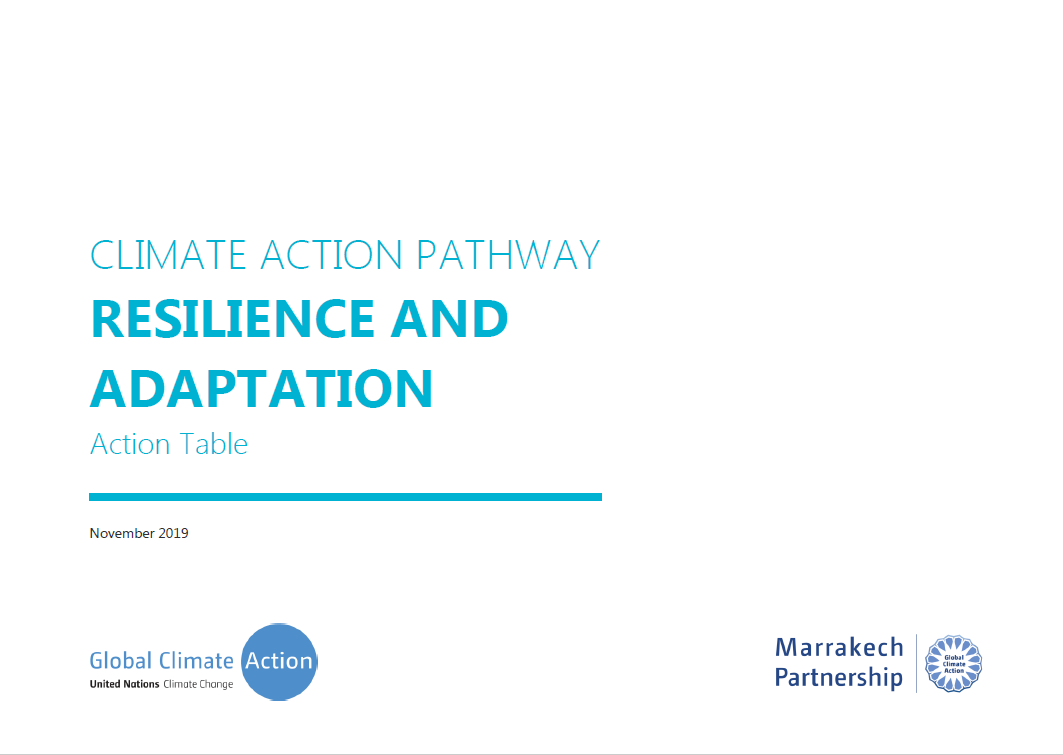Resources
74 Found
Case Studies of Community Resilience Policy
Document Type: Policies and FrameworksAs part of its Community Disaster Resilience Program, the National Institute of Standards and Technology (NIST) is examining approaches that various communities have employed that establish or support community resilience policy in municipal or regional government. NIST tasked the IDA Science and Technology Policy Institute to examine how communities develop economic development and hazard mitigation plans and to understand the barriers that exist that prevent resilience from being incorporated into economic development plans, including governance, organizational, and management processes.

Handbook Resilience 2.0 for aid practitioners and policymakers
Document Type: ToolsOver the last few decades, the alarming increase in both the frequency and impact of disasters has drastically affected the livelihoods of people living in both developing and developed countries. A growing number of weather-related hazards can be observed such as floods, droughts and forest fires. Climate change most likely contributes to this rise, as well as people’s mounting vulnerability due to, for instance, population growth, insecure land rights, rising food prices and unemployment. Over the last few years a sense of urgency has emerged among platforms and networks related to Disaster Risk Reduction (DRR), Climate Change Adaptation (CCA) and Poverty Reduction (PR) to integrate the three domains in order to cope with future risks more effectively
Challenges for resilience policy practice
Document Type: Policies and FrameworksResilience has a long history but has emerged in the past decade to become a more widely adopted concept to underpin policies and projects, particularly in international development contexts. This working paper summarises some of the challenges and debates based on a review of recent academic literature. The paper highlights the multiple and sometimes conflicting ways in which resilience is interpreted. This same diversity that prompts critiques is seen as a strength by others, bringing together otherwise disparate groups, institutions, disciplines and scales.

